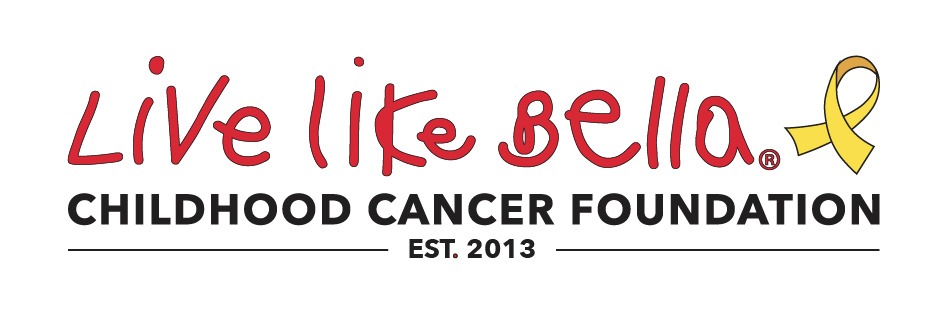Ph.D.-trained biomedical scientist with over eight years of experience in oncology, epigenetics, and molecular biology. Skilled in scientific communication, KOL engagement, and translating complex research into actionable insights for clinical applications. An expert in oncology therapeutics, chromatin biology, and small molecule development, with a proven ability to build cross-functional relationships and support evidence-based medicine initiatives.
His prior research focused on pediatric gliomas and glioblastomas, particularly Diffuse Intrinsic Pontine Glioma (DIPG). His work centered on identifying targetable pathways in DIPG and pursuing therapeutic intervention with small molecule inhibitors both in vitro and in vivo. This training encompassed human cell culture, biochemical assays, RNA-seq, Cut&Tag, EM-seq, bioinformatic analysis, and mouse xenograft models.
He brings nearly five years of experience with the Live Like Bella Childhood Cancer Foundation, where he has led strategic partnerships across Florida’s pediatric oncology landscape. In this role, he has built and strengthened networks among healthcare providers, researchers, and policymakers to advance collaborative initiatives and improve outcomes for children with cancer statewide.
Beyond the lab, he has demonstrated a strong commitment to community leadership. He served as Speaker of the Congress of Graduate Students at Florida State University, representing more than 10,000 graduate students and managing multi-million-dollar budgets. His board service includes the FSU Childcare Board of Advisors, the Office of Governmental Affairs Board of Directors, the Medical Student Council, the Biomedical Sciences Graduate Student Association, and multiple search committees. He also founded and continues to lead the Tom Project, one of FSU’s largest student-initiated and governed projects, which is installing over 50 new automated external defibrillators (AEDs) on campus—expanding coverage by more than 60% with sustainability for the next 15 years.


